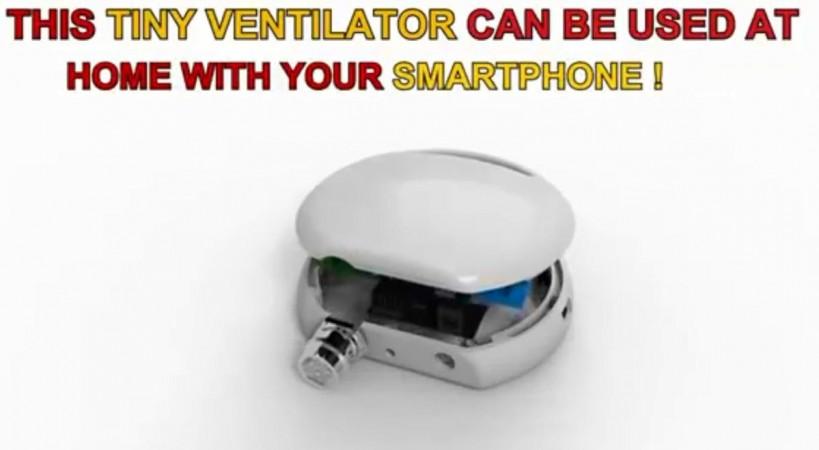As India grapples with the rapidly rising coronavirus cases, shortage of ICU beds and ventilator has been reported from across the country. According to an estimate, India may need over one crore ventilators in the worst-case scenario of the coronavirus pandemic and the country has only around one lakh of them. To make it worse, many of them are not in the working condition or may require repair. However, a toaster-sized ventilator, originally created by a robot scientist and a neurosurgeon could be the key to India's ventilator shortage in the fight against coronavirus.

Indian business tycoon and chairman of RPG enterprises, Harsh Goenka shared a video of this tiny ventilator that is 100 times cheaper and 450 times smaller than the traditional one. He said that this ventilator has the potential of great innovation and could be a game-changer.
"Here's a ventilator made in India, that's 100 times cheaper and 450 times smaller and can operate via a mobile phone. If this technology is proven, it can be a game changer. Potential of a great innovation!" he wrote on Twitter along with a video explaining the features of the device.
Here’s a ventilator made in India, that’s 100 times cheaper and 450 times smaller and can operate via a mobile phone.
— Harsh Goenka (@hvgoenka) April 21, 2020
If this technology is proven, it can be a game changer. Potential of a great innovation! pic.twitter.com/FA8SIG9KWw
Maruti Suzuki pledges help in production
With coronavirus positive cases crossing 18,000-mark in India, the production of this portable ventilator named AgVa has shot up four times to 20,000 units per month from 5,000 units. While a traditional ventilator costs around $10,000, this made-in-India ventilator costs only $2,000. Leading automaker Maruti Suzuki has also pledged to help in the production of AgVa ventilators.
"In case you want to convert a hotel into an ICU, you can simply put this device and start working as it doesn't require other infrastructure," the EconomicTimes quoted robot scientist Diwakar Vaish as saying. Vaish had co-designed this ventilator with AIIMS neurologist Deepak Agrawal.
The makers of AgVa ventilators said that the device is lightweight (it weighs just 3.5 kilos) and will help reduce stress on hospitals as less critical patients can be moved to their homes with this device. It consumes less power, can be operated from a smartphone and doesn't need an oxygen cylinder since it works on room air.








